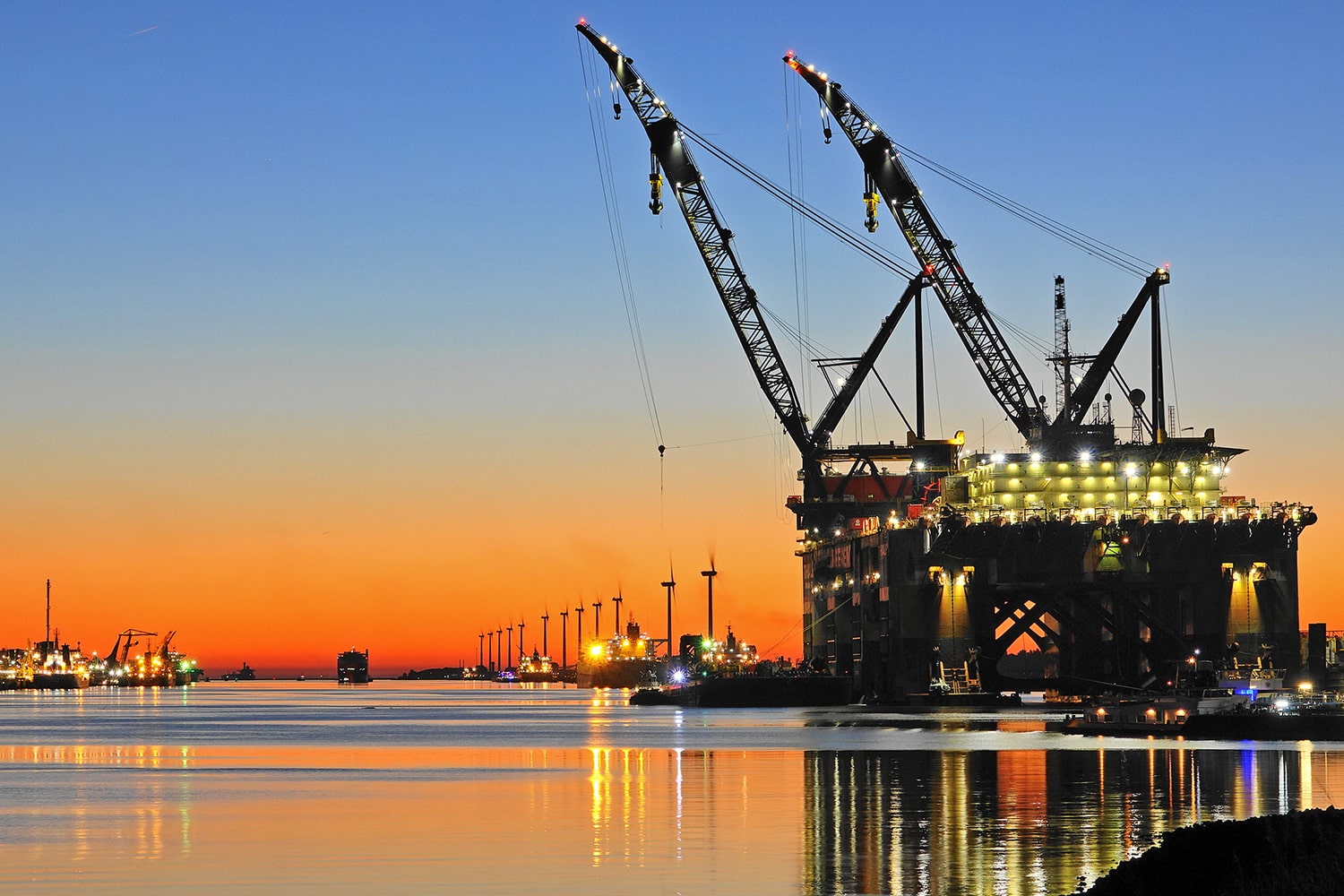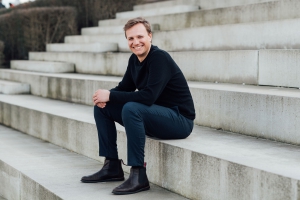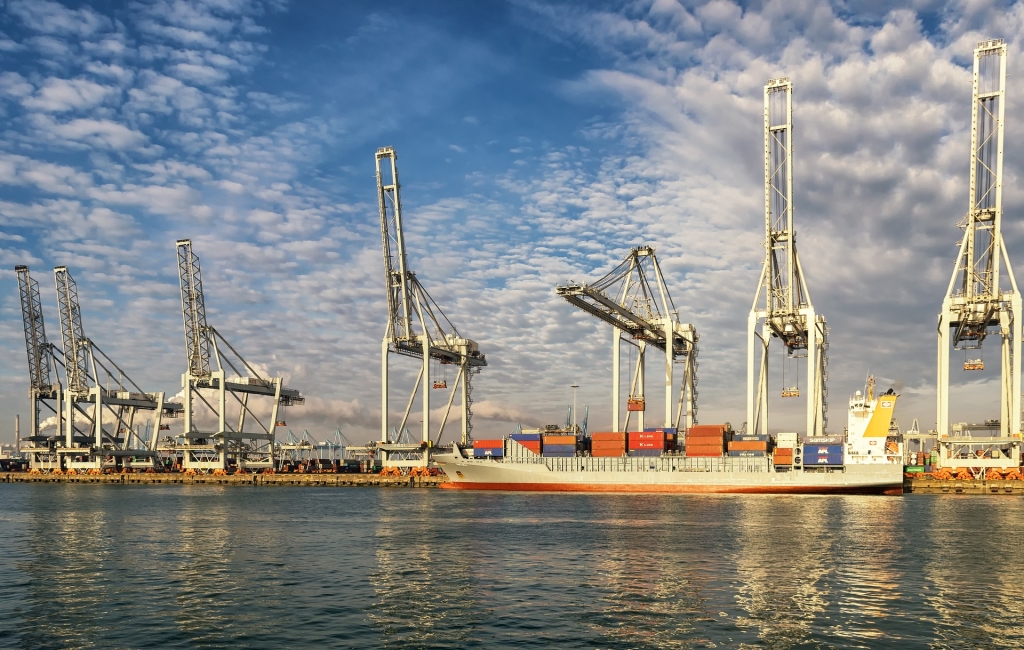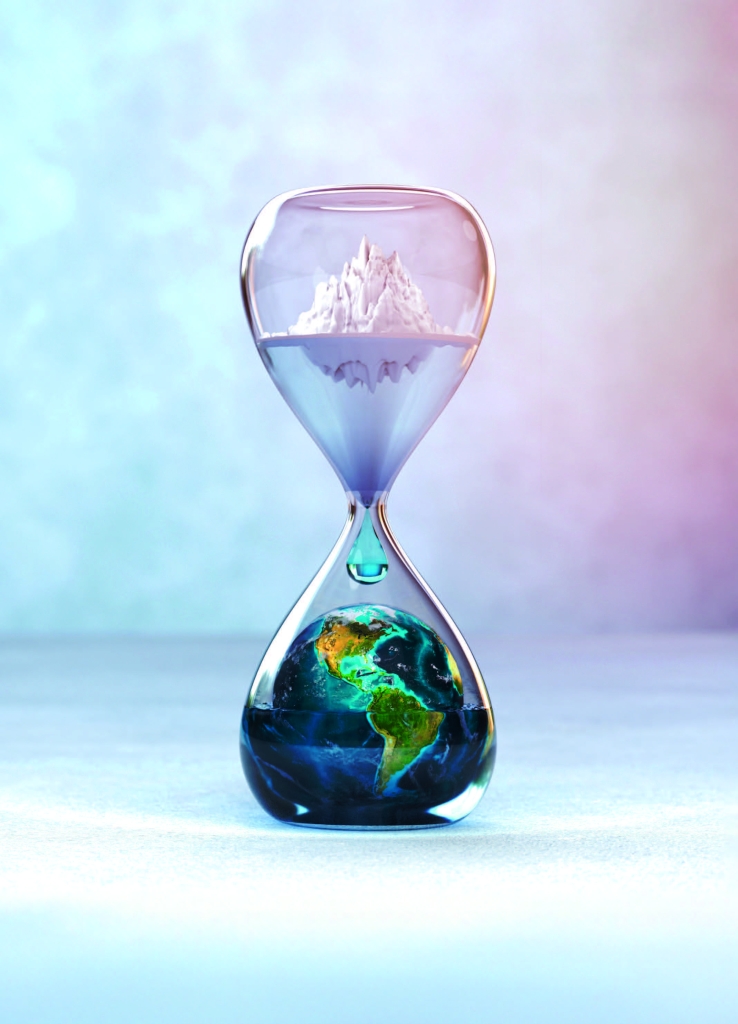We consider hydrogen a key element in our future decarbonized energy system, but what about its geopolitics and societal dynamics? In the H₂ToBe action research project, we mapped future scenarios for responsible global hydrogen trade together with governments, knowledge institutes and established companies.
Over the past three years, far-reaching events like the COVID-19 pandemic, the Russian invasion of Ukraine and the consequent energy crisis have drastically changed our view of the world. They made it clear how vulnerable the link of international trade is and how unwise it is to depend on a single trading partner or production line. Despite uncertainty about international trade relations, we are now facing major investments for the energy transition and hydrogen economy in the Netherlands and north-west Europe. How can we invest wisely now when it comes to the role of hydrogen in the energy transition?
Researchers from DRIFT, Erasmus UPT, TU Delft and CIEP jointly examined the impact of geopolitics on future hydrogen trade for the Netherlands and the ARRRA cluster based on future scenarios. A number of key players in Rotterdam’s future hydrogen trade (BP, Deltalinqs, Municipality of Rotterdam, Shell, VARO Energy and Vopak) contributed their knowledge and experience to validate the research. Partners in this project are knowledge hub SmartPort, the Resilient Delta initiative (a Convergence program of Erasmus University, TU Delft and Erasmus MC), the Port of Rotterdam Authority and the Province of South Holland.





